Indigenous Governance Database
Presentations
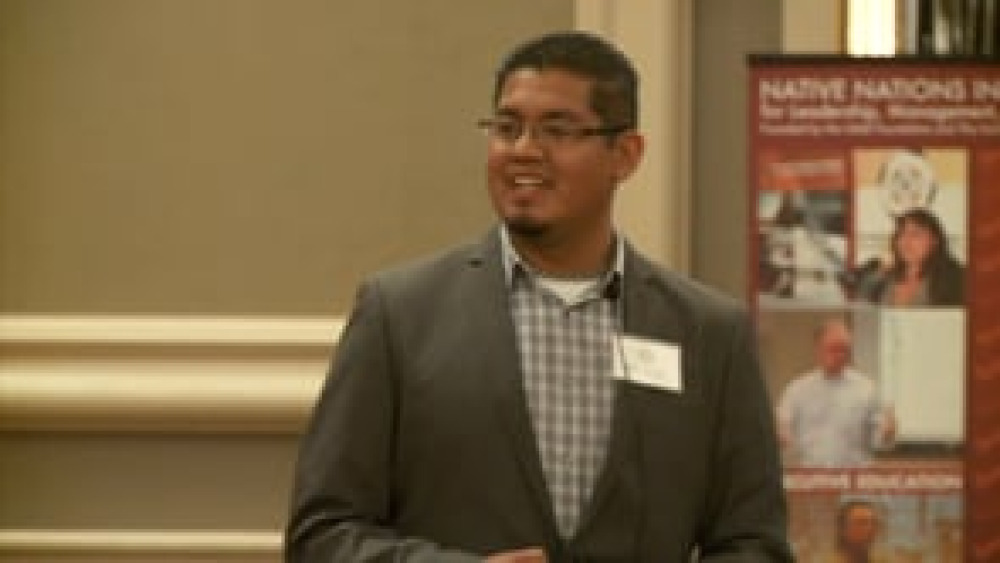
Andrew Martinez: Constitutional Reform: The Secretarial Election Process
Native Nations Institute's Andrew Martinez (Salt River Pima-Maricopa Indian Community) gives participants a concise and informative overview of how the secretarial election process works when Native nations amend their constitutions, and what happens (and doesn't) when Native nations remove the…
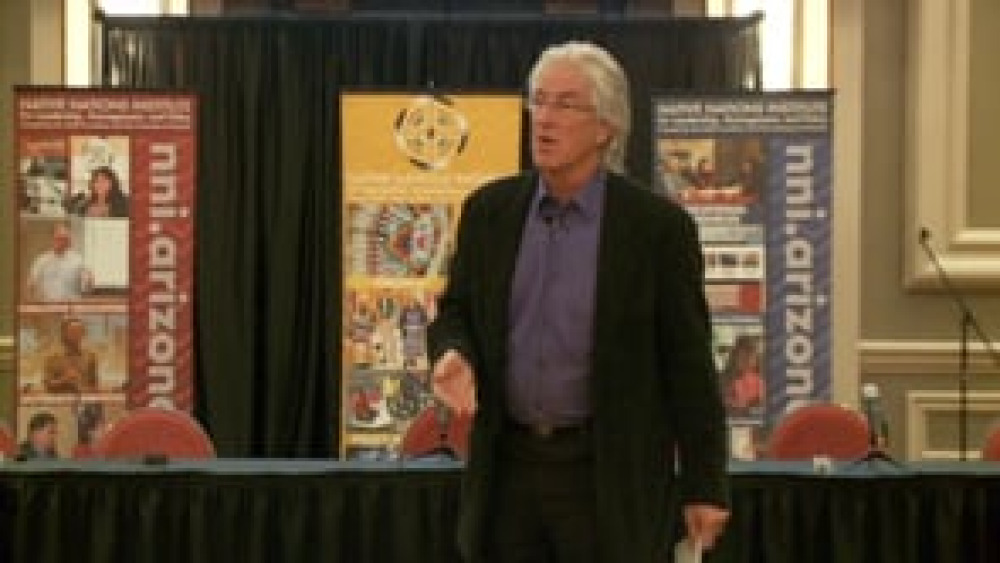
Robert Hershey: Dispelling Stereotypes about the Federal Government's Role in Native Nation Constitutional Reform
Robert Hershey, Professor of Law and American Indian Studies at The University of Arizona, dispels some longstanding stereotypes about what the federal government can and will do should a Native nation decide to amend its constitution to remove the Secretary of Interior approval clause or else make…
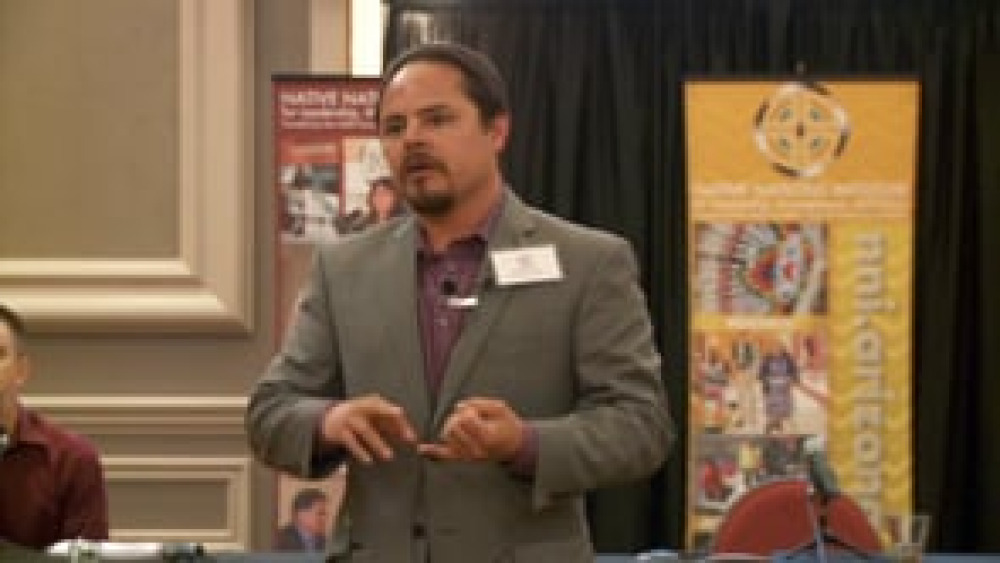
Carlos Hisa and Esequiel (Zeke) Garcia: Ysleta del Sur Pueblo: Redefining Citizenship
Carlos Hisa and Esequiel (Zeke) Garcia from Ysleta del Sur Pueblo (YDSP) provide an overview of the approach that YDSP is following as it works to redefine its criteria for citizenship through community-based decision-making. They also share the negative impacts that adherence to blood quantum as…
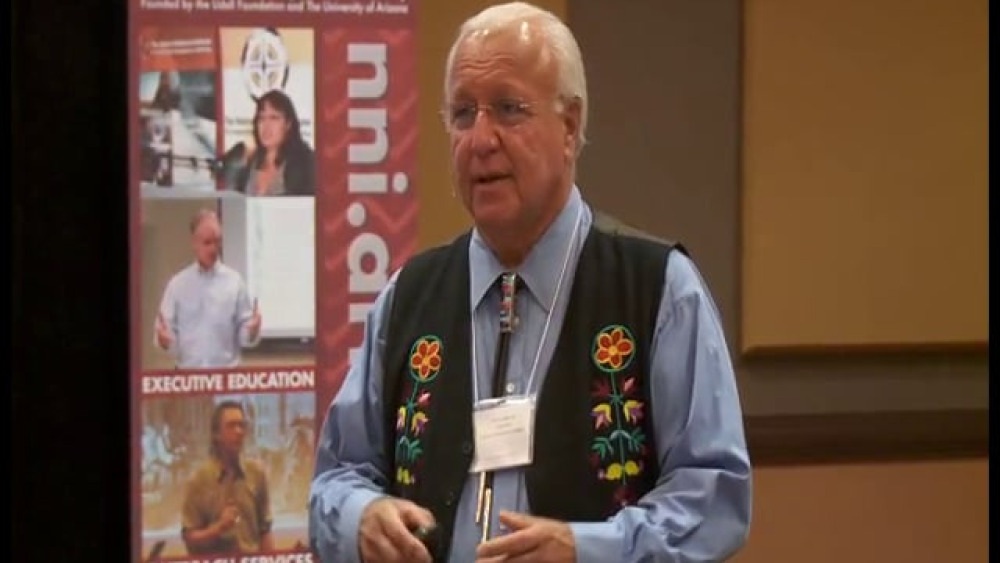
John "Rocky" Barrett: The Origins of Blood Quantum Among the Citizen Potawatomi
In this excerpt from his presentation at NNI's "Emerging leaders" seminar in 2012, Citizen Potawatomi Nation Chairman John "Rocky" Barrett provides an overview of how the U.S. government -- specifically the Bureau of Indian Affairs -- imposed blood quantum on the Citizen Potawatomi people, and how…
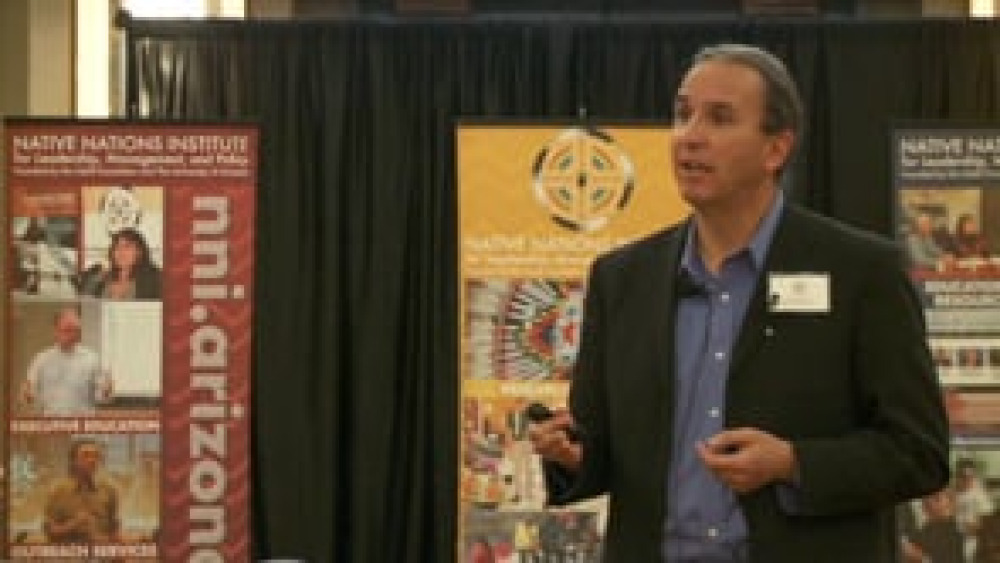
Terry Janis: Citizen Engagement and Constitutional Change at the White Earth Nation
Terry Janis (Oglala Lakota), former Project Manager of the White Earth Nation Constitution Reform Project, provides participants with a detailed overview of the multi-faceted approach to citizen engagement that the White Earth Nation followed as it worked to educate the White Earth people about the…
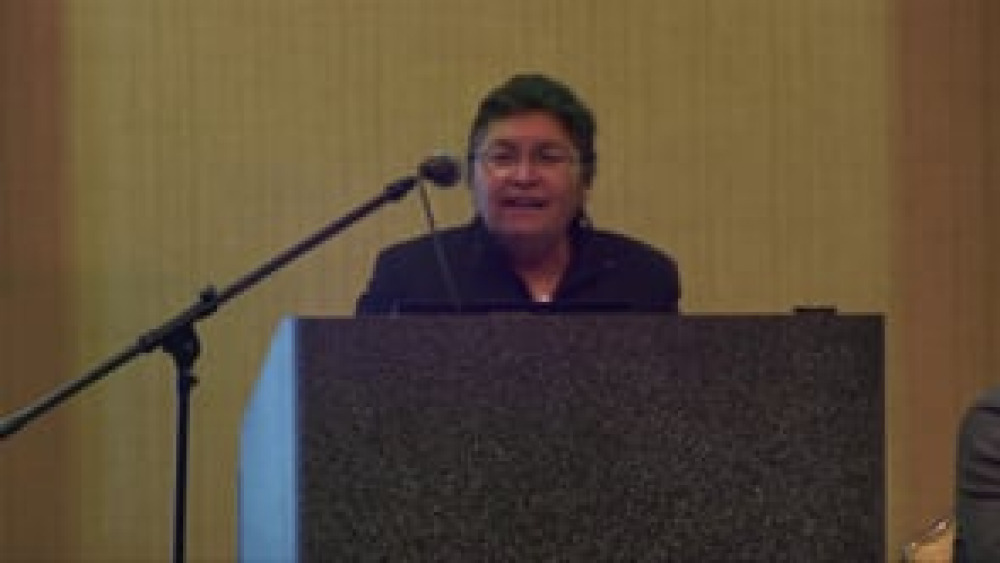
Sharon Day: Disenrollment: Contemplating A More Inclusive Approach
Sharon Day (Bois Forte Band of Chippewa) makes a compelling case for Native nations to abandon externally imposed criteria for citizenship that continue to cause internal divisions within Native nations and communities and instead return to Indigenous cultural values and teachings predicated on…
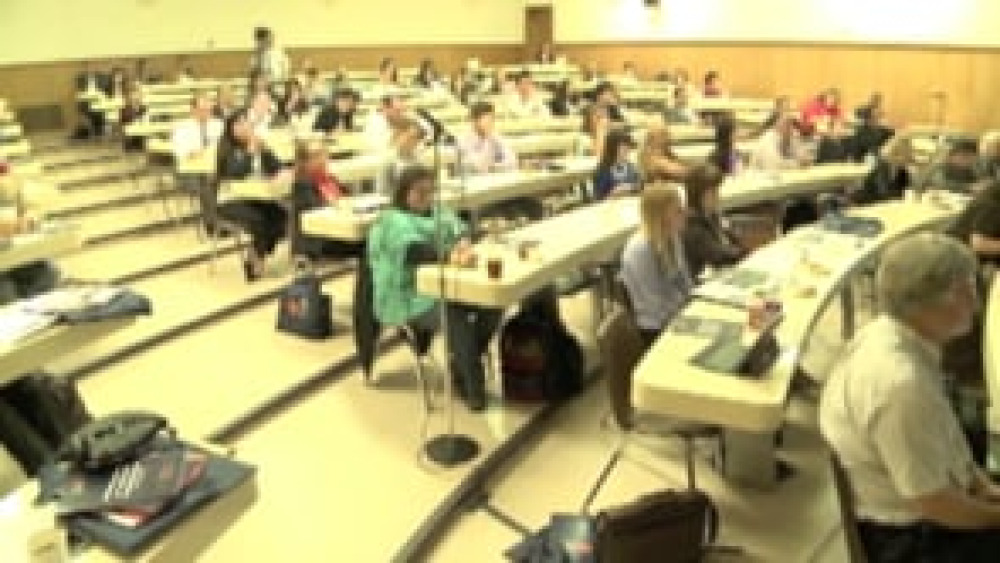
Good Native Governance Plenary 1: Innovations in Law
UCLA School of Law "Good Native Governance" conference presenters, panelists and participants Carole E. Goldberg, Matthew L.M. Fletcher, and Kristen A. Carpenter discuss law and the issues that Native nations deal with. Goldberg explains the recommendations of the Indian Law and Order Commission…
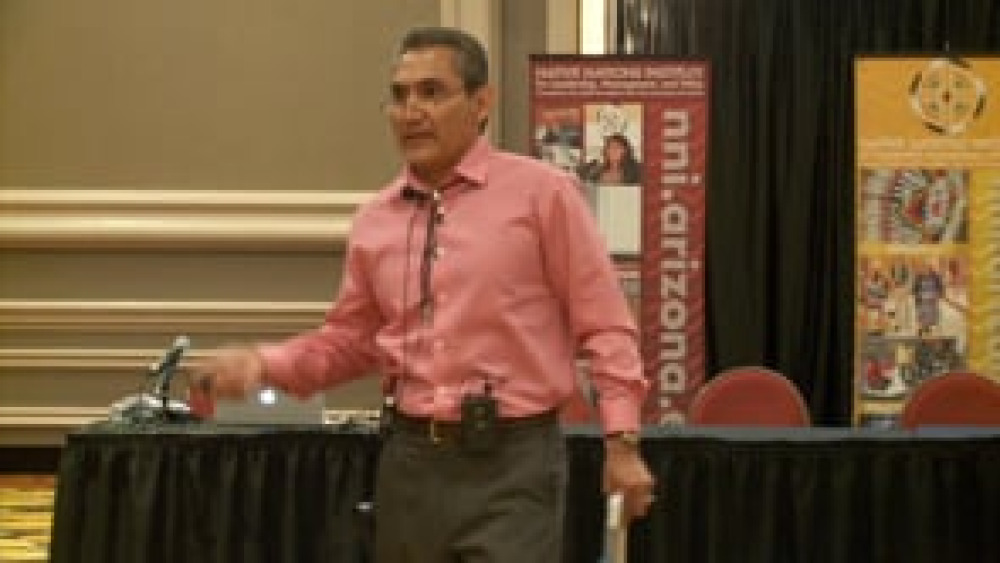
Joseph Flies-Away: Knowing, Living and Defending the Rule of Law
Joseph Flies-Away (Hualapai), Associate Justice of the Hualapai Nation Court of Appeals, discusses the importance of Native nations building and living a sound, culturally sensible rule of law -- through constitutions, codes, common law and in other ways -- that everyone in those nations knows,…
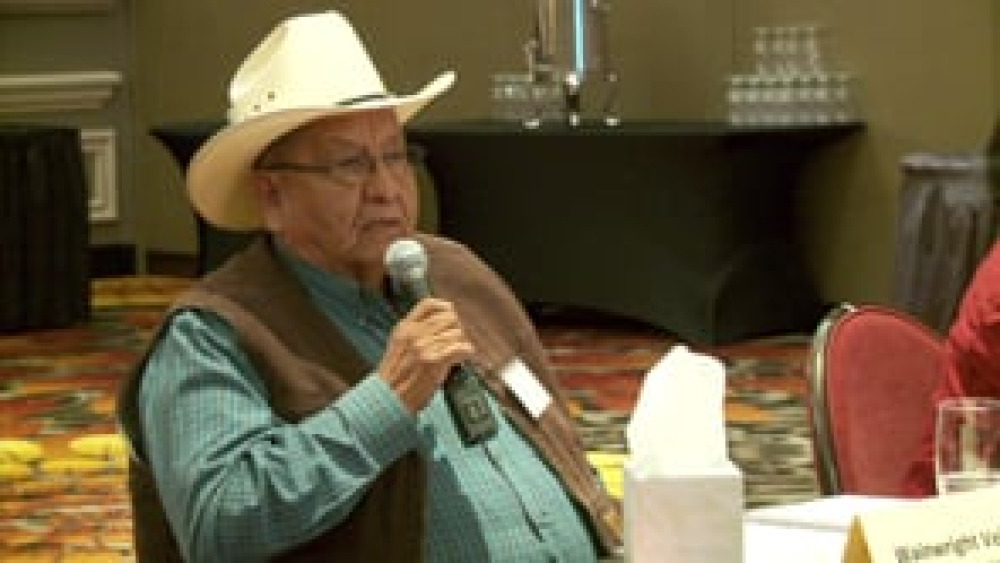
Robert Hershey and Andrew Martinez: The Legal Process of Constitutional Reform (Q&A)
Robert Hershey and Andrew Martinez engage participants in a lively discussion about the intricacies of secretarial elections and whether and how Native nations with Indian Reorganization Act constitutions should remove the Secretary of Interior approval clause from those governing documents.
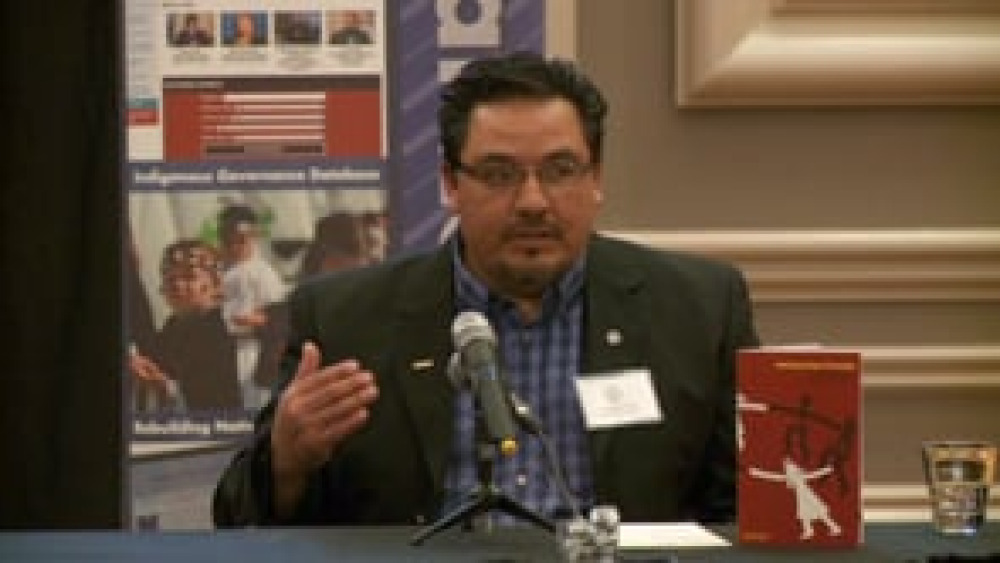
Carlos Hisa and Esequiel (Zeke) Garcia: Ysleta del Sur Pueblo: Redefining Citizenship (Q&A)
Carlos Hisa and Zeke Garcia from Ysleta del Sur Pueblo (YDSP) field questions about YDSP's current community-based effort to redefine its criteria for citizenship, and they provide additional detail about the great lengths to which YDSP has gone in order to document the origins and history of their…
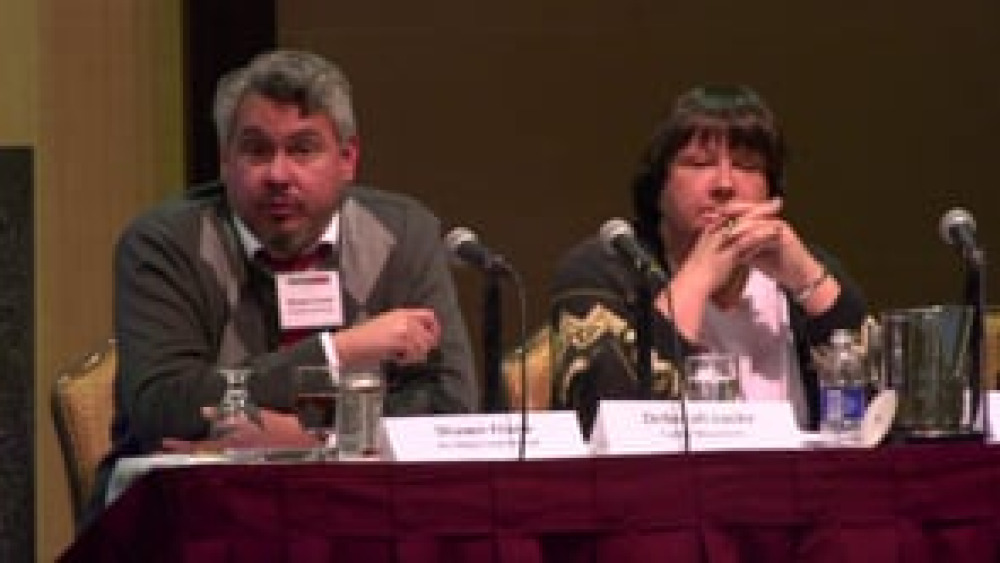
Shawn Frank: Disenrollment: Considerations of Process
Attorney Shawn Frank stresses the importance of Native nations ensuring that they establish and operate processes for disenrolling their citizens that is fair and transparent. He also offers some strategies that a Native nation can follow in order to create that fairness and transparency -- and…
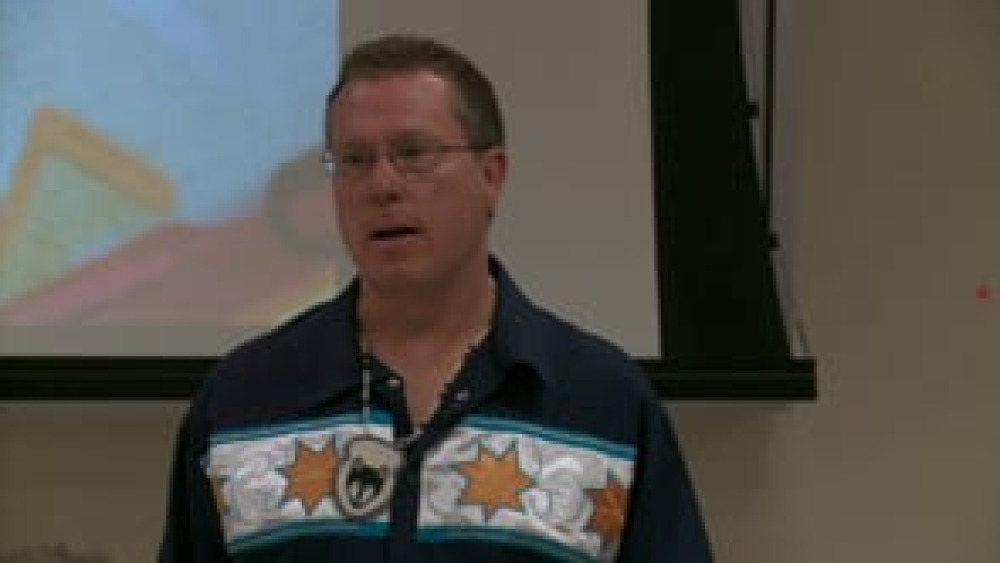
Jeff Corntassel: Sustainable Self-Determination: Re-envisioning Indigenous Governance, Leadership and Resurgence
Scholar Jeff Corntassel (Cherokee) lays out his comprehensive explanation for what sustainable self-determination entails for Indigenous peoples in the 21st century, and provides examples of some of the ways that he and others are engaging in small and large acts of resurgence that contribute to…
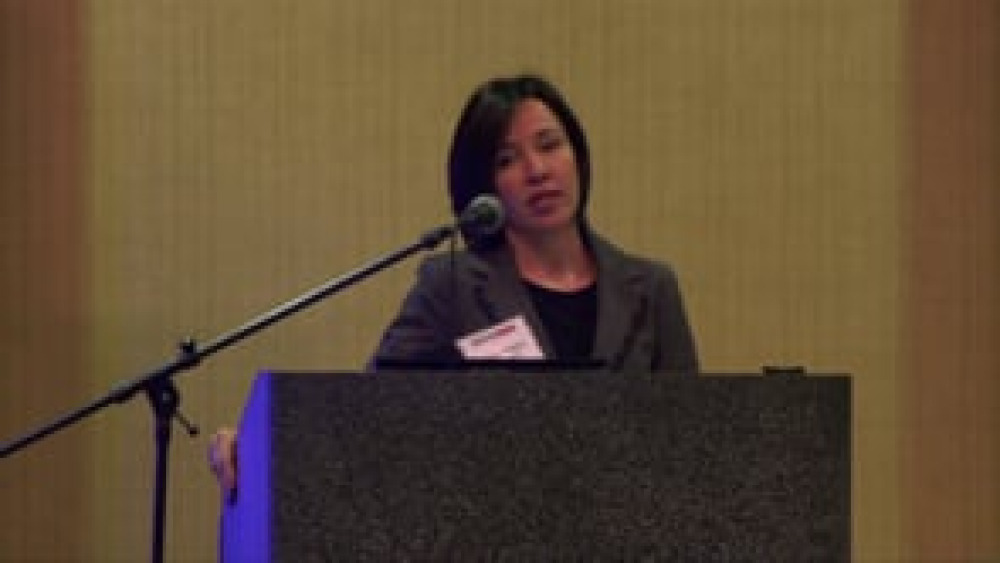
Vanya Hogen: Redefining Citizenship Criteria Through Constitutional Reform and Other Means
Lawyer and tribal judge Vanya Hogen (Oglala Sioux) discusses the difficulties inherent in amending Indian Reorganization Act (IRA) constitutions to redefine tribal citizenship criteria, and shares the story of the Shakopee Mdewakanton Sioux Community as an example of one Native nation with an IRA…
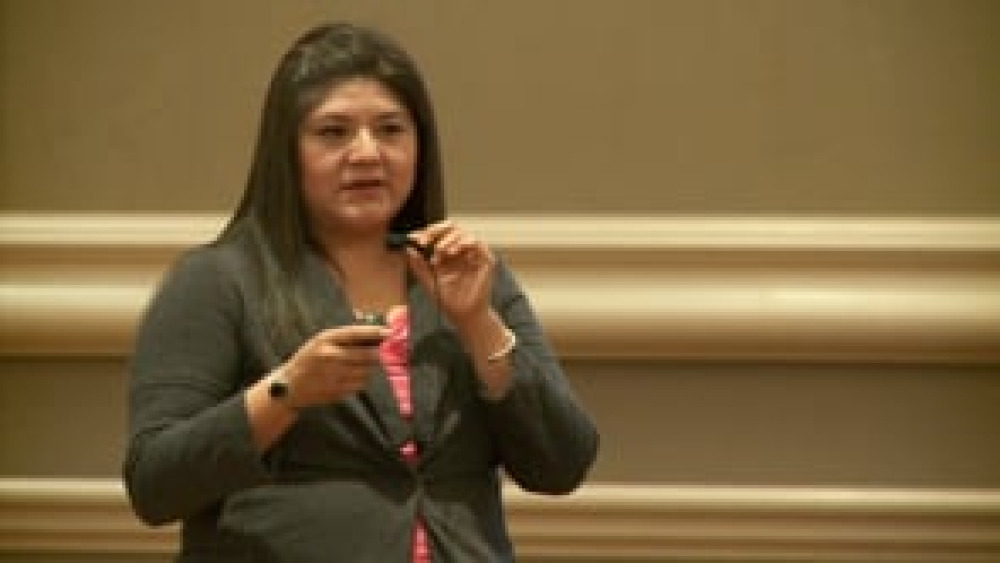
Shannon Douma: Cultivating Good Leadership: The Santa Fe Indian School's Summer Policy Academy
Shannon Douma (Pueblo of Laguna) provides a detailed overview of how the Santa Fe Indian School's Summer Policy Academy works to develop Pueblo youth to ably take the leadership reins of their nations through a rigorous curriculum designed to build up their sense of cultural identity and personal…
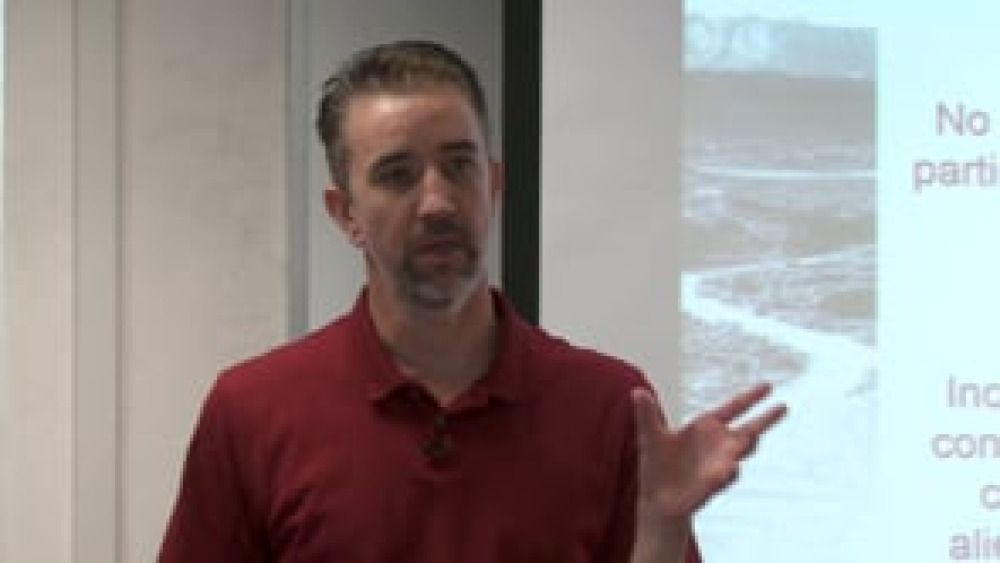
Ian Record: Constitutional Reform: Some Perspectives on Process
Dr. Ian Record, NNI Manager of Educational Resources, provides a broad overview of the inherent difficulties involved with constitutional reform, the different processes that Native nations are developing to engage in constitutional reform, and some of the effective reform strategies that NNI is…
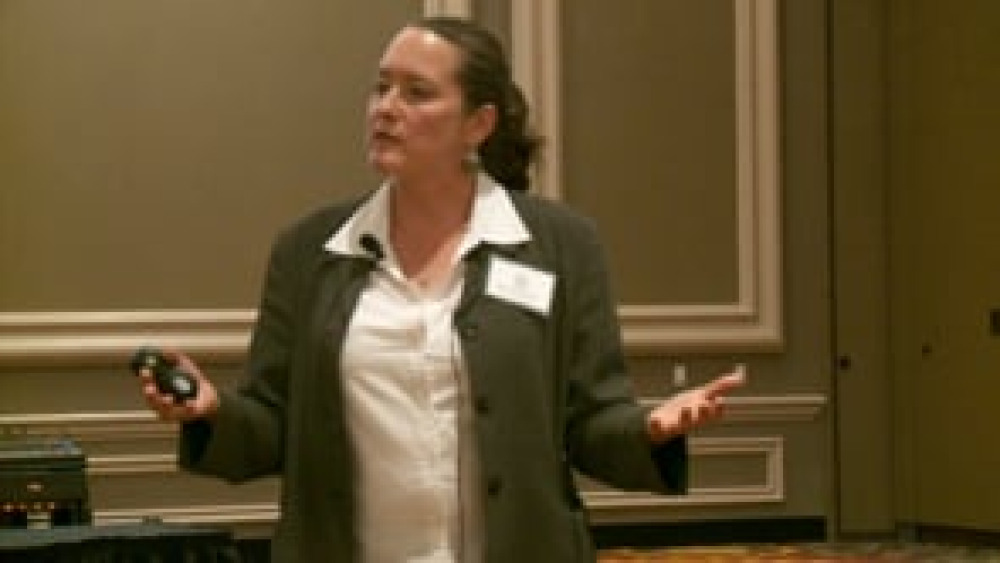
Miriam Jorgensen: Considering People-Made Law in Your Constitution (Presentation Highlight)
In this highlight from the presentation "Key Things a Constitution Should Address: 'How Do We Make Law?'," Miriam Jorgensen lays out some of the different ways that Native nations can provide mechanisms for citizens of those nations to make laws or change laws governing those nations.
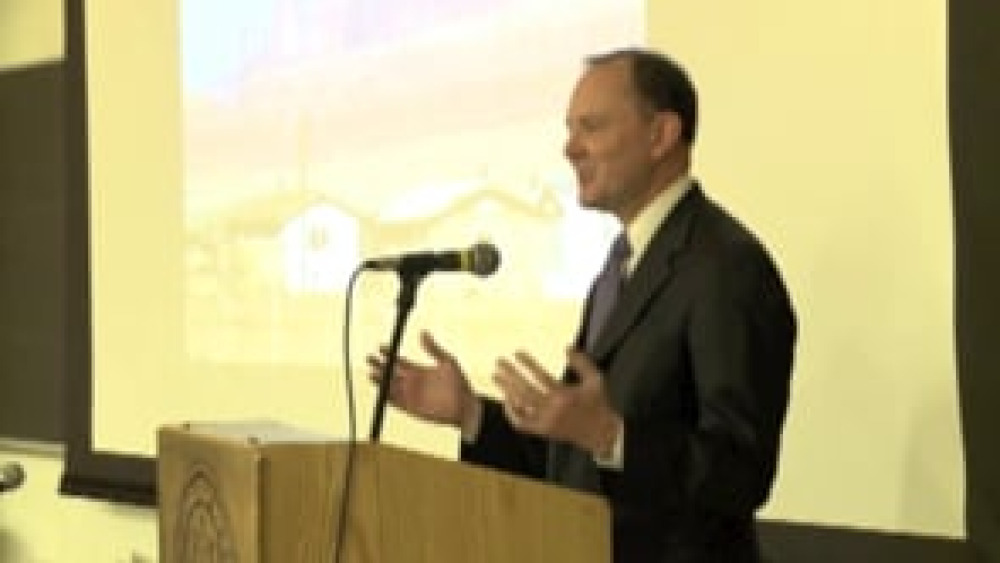
From the Good Native Governance: Innovative Research in Law, Education, and Economic Development Conference
Assistant Secretary Kevin Washburn provided a snapshot of Native nations engaging in self-governance reinforcing the notion that "almost anything the federal government can do, tribes can do better" through good governance.
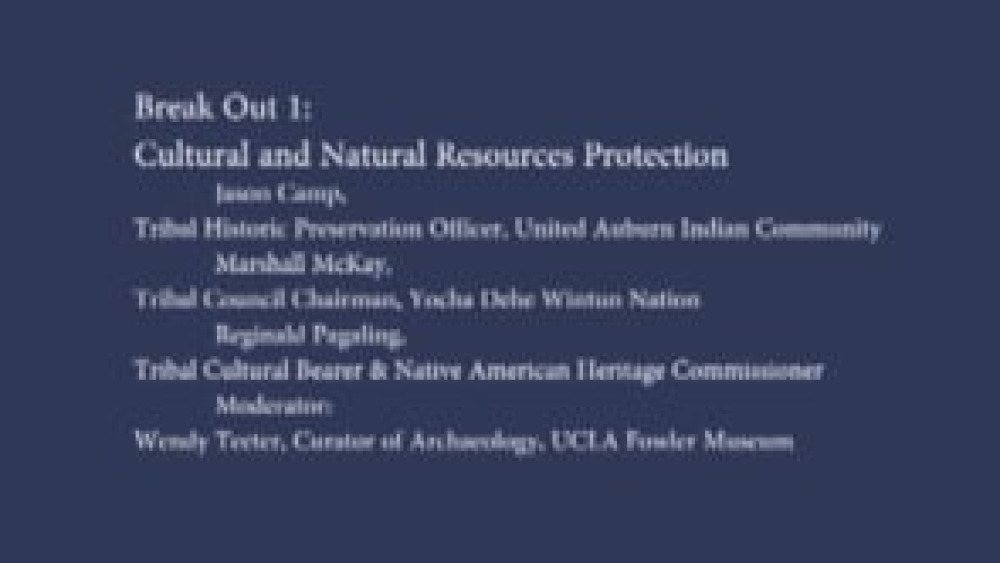
Good Native Governance Breakout 1: Cultural and Natural Resources Protection
UCLA School of Law "Good Native Governance" conference presenters, panelists and participants Reginald Pagaling, Marcos Guerrero, and Marshall McKay discuss their experience with cultural preservation and cooperation with the local and state governements. Reginald addresses the areas of concerns…
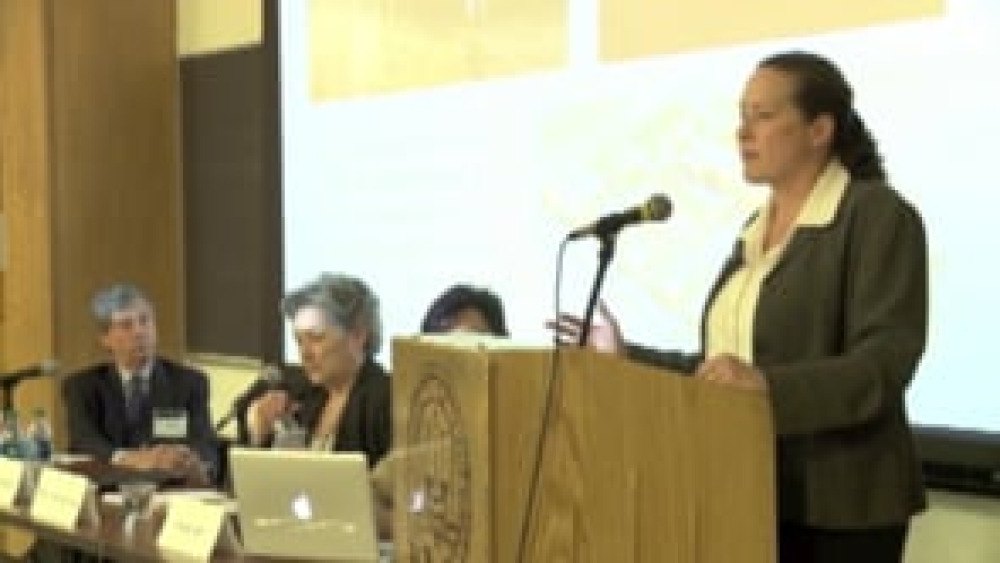
Good Native Governance Plenary 2: The Cutting Edge of Economic Development in Indian Country
UCLA School of Law "Good Native Governance" conference presenters, panelists and participants Miriam Jorgensen, Robert Miller, and Sherry Salway Black discuss economic research in Indian Country. This video resource is featured on the Indigenous Governance Database with the permission of the UCLA…

Good Native Governance: Keynote Address
UCLA School of Law "Good Native Governance" conference keynote speaker, Kevin Washburn, Assistant Secretary — Indian Affairs for the U.S. Department of the Interior, examines how Native nations are engaging so well in self-determination through good governance. This video resource is featured on…
